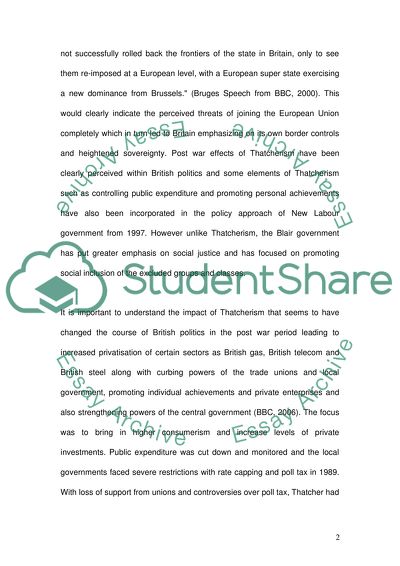Cite this document
(“Thatcherism Essay Example | Topics and Well Written Essays - 1000 words”, n.d.)
Thatcherism Essay Example | Topics and Well Written Essays - 1000 words. Retrieved from https://studentshare.org/politics/1522565-thatcherism
Thatcherism Essay Example | Topics and Well Written Essays - 1000 words. Retrieved from https://studentshare.org/politics/1522565-thatcherism
(Thatcherism Essay Example | Topics and Well Written Essays - 1000 Words)
Thatcherism Essay Example | Topics and Well Written Essays - 1000 Words. https://studentshare.org/politics/1522565-thatcherism.
Thatcherism Essay Example | Topics and Well Written Essays - 1000 Words. https://studentshare.org/politics/1522565-thatcherism.
“Thatcherism Essay Example | Topics and Well Written Essays - 1000 Words”, n.d. https://studentshare.org/politics/1522565-thatcherism.


